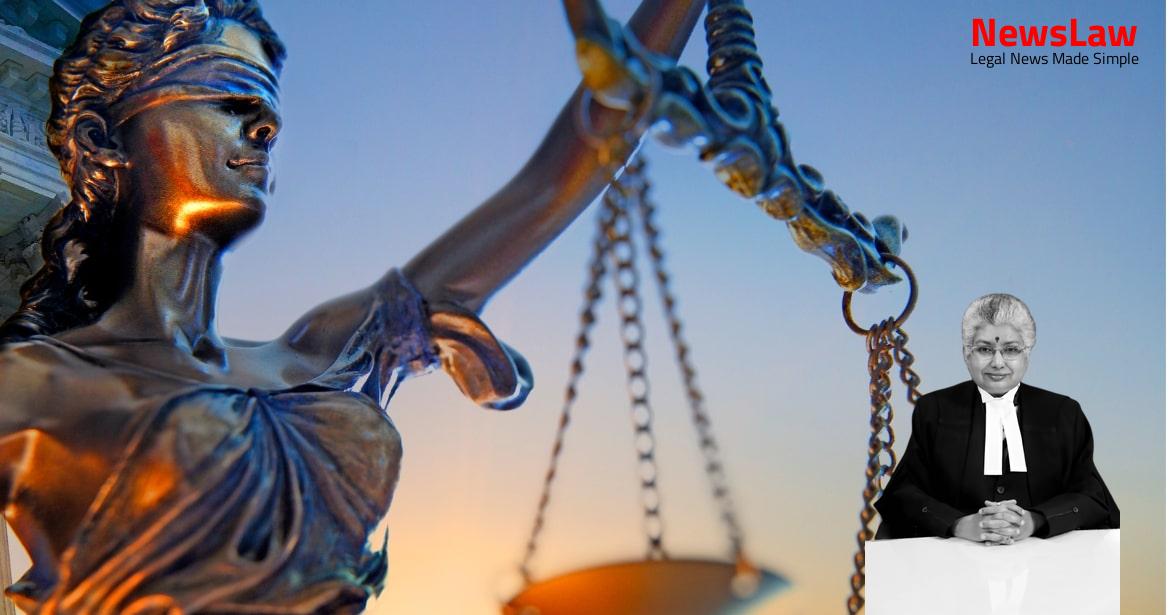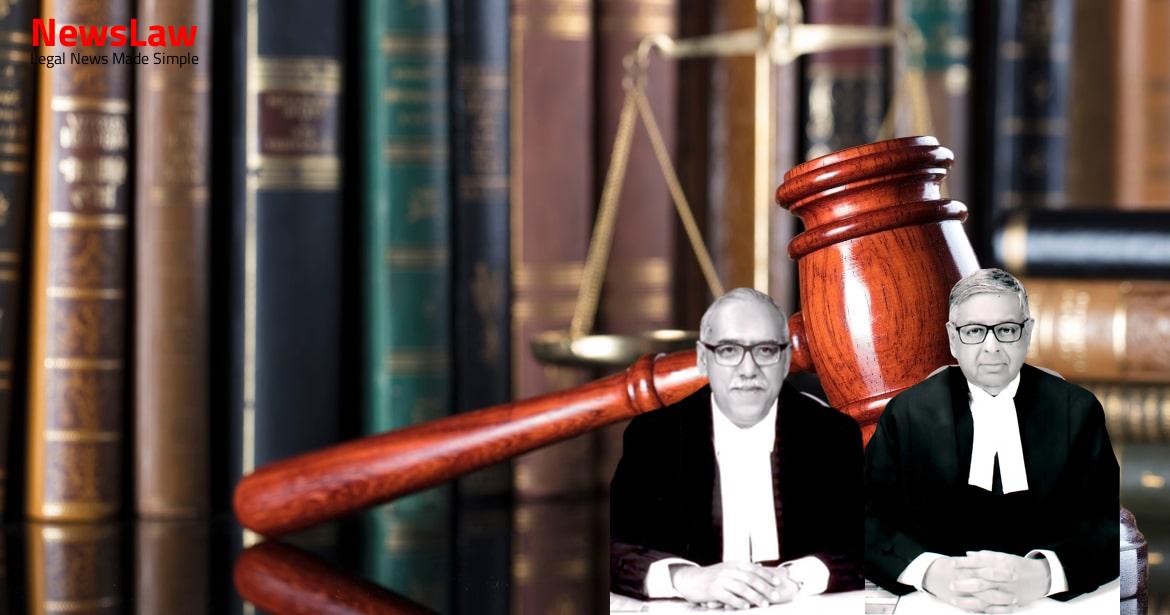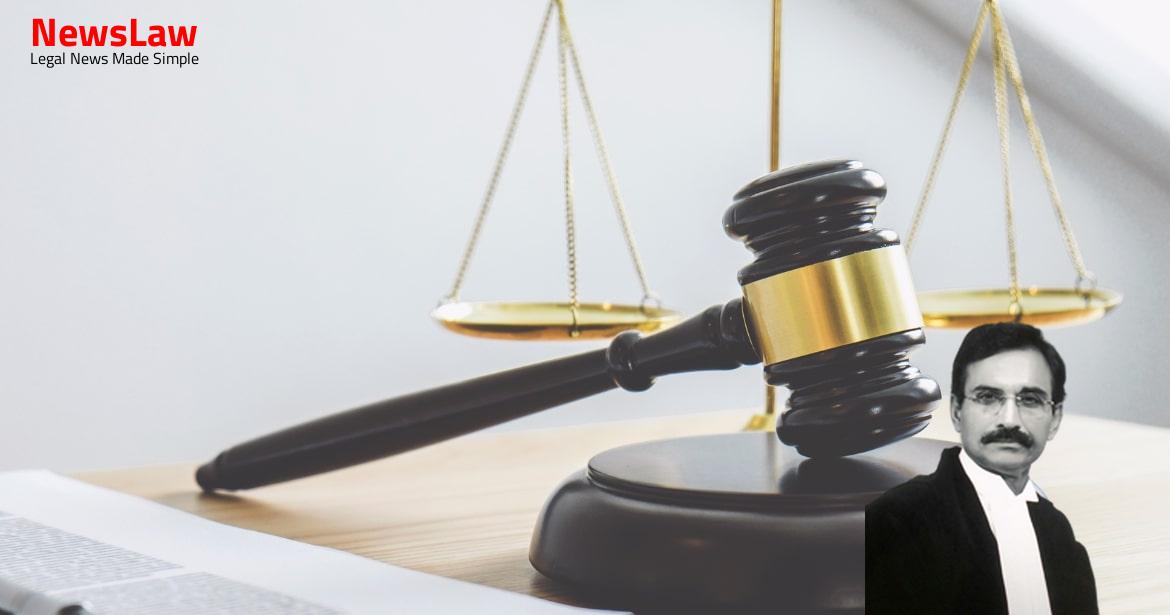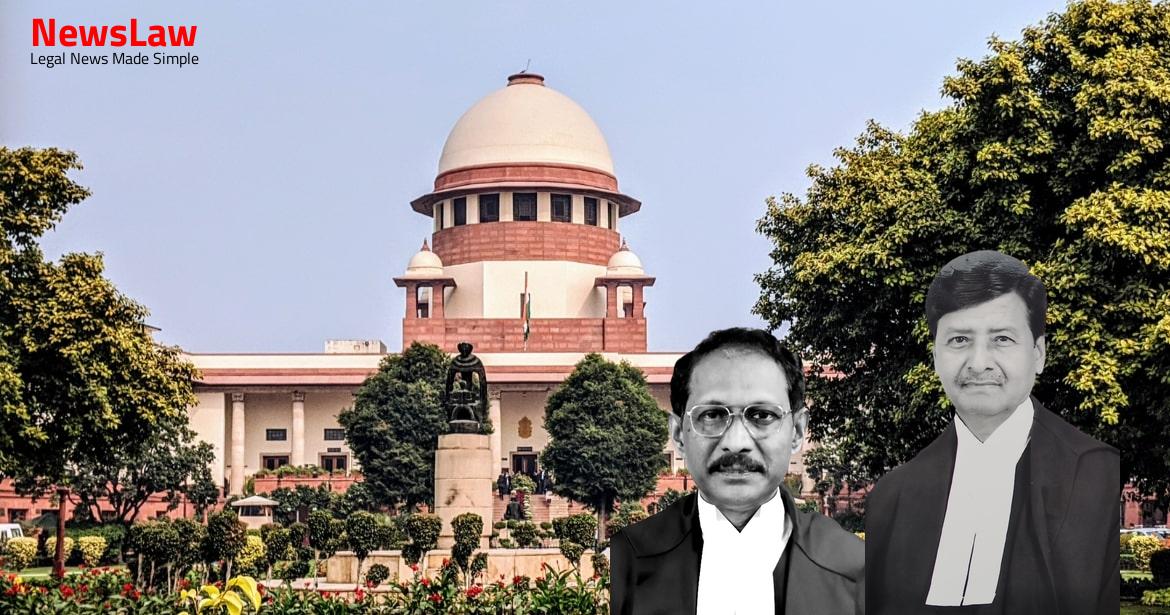The reliefs sought for by the petitioner are as follows: “a) direct the Home Ministry to constitute a “Renaming Commission” to find out original names of ‘ancient historical cultural religious places’, named after barbaric foreign invaders in order to maintain Sovereignty and to secure ‘Right to Dignity, Right to Religion and Right to Culture’ guaranteed under Articles 21, 25 and 29 of the Constitution; b) alternatively, direct the Archaeological Survey of India to research and publish the initial names of ancient historical cultural religious places, which were renamed by barbaric foreign invaders, in order to secure ‘Right to Know’ guaranteed under Article 19 of the Constitution; c) direct the Centre and State Governments to 1 update their websites and records and mention the original names of ancient historical cultural religious places, named after the barbaric foreign invaders.”
We have heard Shri Ashwini Kumar Upadhyay, petitioner appearing in-person.
Whether continuing the names of ancient historical cultural religious places, in the names of barbaric invaders is against the Sovereignty? Whether the names of places prevalent during Ramayana and Mahabharata Period were arbitrarily and illegally changed during foreign rule, ought to be restored so as to protect the Right to Conserve the Ancient Culture, guaranteed under Article 29 of the Constitution of India? Whether Right to Know guaranteed under Article 19 includes the right to know Original Names of the ancient historical cultural religious places?” 5. Therein, this Court, inter alia, declared: “144….In such circumstances, the Ministries formed by the said party could not be trusted to follow the objective of secularism which was part of the basic structure of the Constitution and also the soul of the Constitution. Article 26 guarantees every religious denomination or any section thereof the right ( a ) to establish and maintain institutions for religious and charitable purposes, ( b ) to manage its own affairs in matters of religion, ( c ) to own and acquire movable and immovable property and ( d ) to administer such property in accordance with law.
Article 51-A casts a duty on every citizen of India, among others, ( a ) to abide by the Constitution and respect its ideals and institutions, ( b ) to promote harmony and the spirit of common brotherhood, among all the people of India, transcending, among others, religious and sectional diversities, ( c ) to value and preserve the rich heritage of our composite culture, ( d ) to develop scientific temper, humanism and the spirit of inquiry and reform; and ( e ) to safeguard public property and to abjure violence.
When the State allows 6 citizens to practise and profess their religions, it does not either explicitly or implicitly allow them to introduce religion into non-religious and secular activities of the State. Sub-section (3-A) of the same section prohibits the promotion or attempt to promote feelings of enmity and hatred between different classes of the citizens of India on the grounds of religion, race, caste, community or language by a candidate or his agent or any other person with the consent of the candidate or his election agent for the furtherance of the prospects of the election of that candidate or for prejudicially affecting the election of any candidate.
Correct interpretation in proper perspective would be in the defence of the democracy and to maintain the democratic process on an even keel even in the face of possible friction, it is but the duty of the court to interpret the Constitution to bring the political parties within the purview of constitutional parameters for accountability and to abide by the Constitution, the laws for their strict adherence. State of 8 Kerala, (1973) 4 SCC 225 : 1973 Supp SCR 1] and Indira N. Unfortunately, of late, vested interests fanning religious fundamentalism of all kinds vying with each other, are attempting to subject the constitutional machineries of the State to great stress and strain with certain (2004) 4 SCC 684 9 quaint ideas of religious priorities, to promote their own selfish ends, undeterred and unmindful of the disharmony it may ultimately bring about and even undermine national integration achieved with much difficulties and laudable determination of those strong-spirited savants of yesteryear. Religion cannot be mixed with secular activities of the State and fundamentalism of any kind cannot be permitted to masquerade as political philosophies to the detriment of the larger interest of society and basic requirement of a welfare State.
One-upmanship in the 10 name of religion, whichever it be or at whomsoever’s instance it be, would render constitutional designs countermanded and chaos, claiming its heavy toll on society and humanity as a whole, may be the inevitable evil consequences, whereof.”
(Emphasis Supplied) 7.
The governance of Bharat must conform to Rule of law, secularism, constitutionalism of which Article 14 stands out as the guarantee of both (2005) 11 SCC 45 11 equality and fairness in the State’s action.
Also Read: https://newslaw.in/case-type/criminal/dereliction-of-duty-and-grave-lapses-a-legal-analysis/
For achieving the sublime goals which are enshrined in Part IV – that is the Directive Principles, but bearing in mind the fundamental rights also guaranteed in Part III of the Constitution, which have been described as the two wheels of the chariot of the State, both of which are indispensable, for the smooth progress of the nation, actions must be taken which bond all sections of the society together.
Case Title: ASHWINI KUMAR UPADHYAY Vs. UNION OF INDIA (2023 INSC 174)
Case Number: W.P.(C) No.-000190 / 2023



